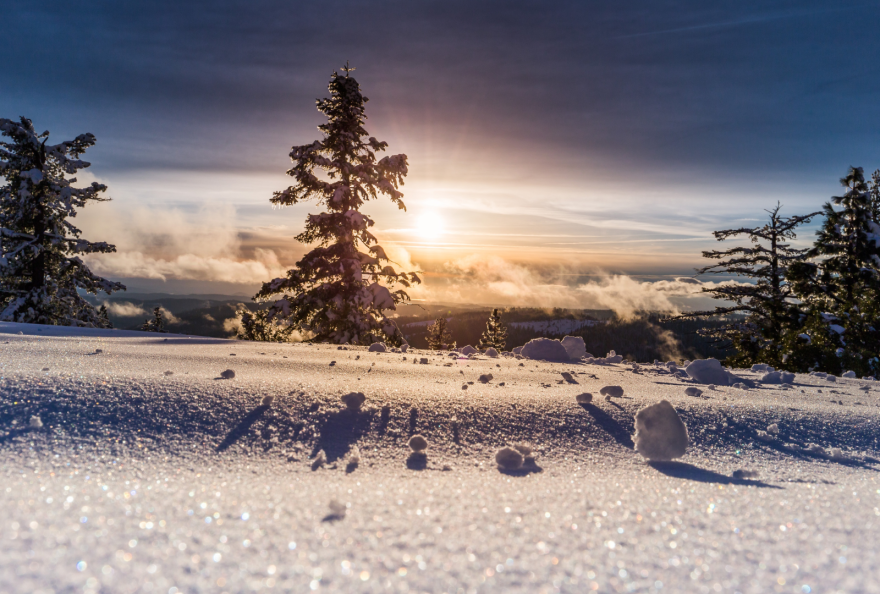Deep in December, it's nice to remember, although you know the snow will follow.
So go the lyrics of "Try to Remember" from the musical "The Fantasticks."
It is lovely and wonderful that the days are getting longer.
Each day, as the sun gets a bit higher in the sky, and the daylight increases a tad bit each day, one might think the Earth would start warming up.
But whether we like it or not, we know that only more snow will follow.
This is thanks to a phenomenon called “seasonal lag”.
In the Great Lakes region, the month of February is usually colder than the month of November despite February having significantly later sunsets.
The reverse is true in summer. August is usually hotter than the month of May, even though August has increasingly earlier sunsets, and less daylight overall.
We can thank (or blame) the massive Great Lakes which moderate the temperatures of the surrounding land: cooling the summers and warming the winters.
In winter until total freeze-over, water evaporates from the lakes. Heavy snowfall known as “lake effect” will follow.
"Sunrise, sunset, swiftly fly the years."
One season following another, but the change in average air temperature will be lagging behind the more consistent change in daylight patterns.
Happy New Year!





